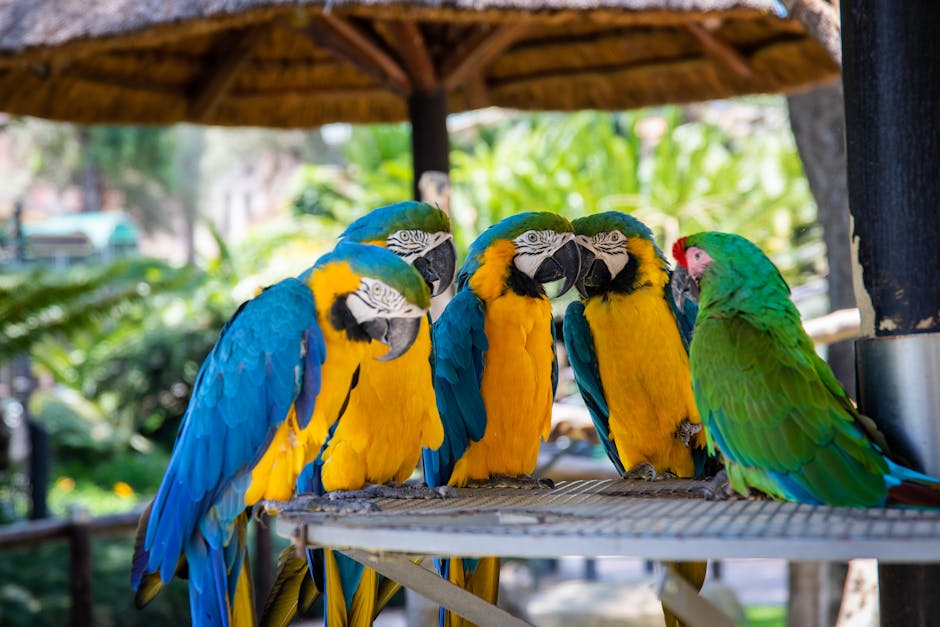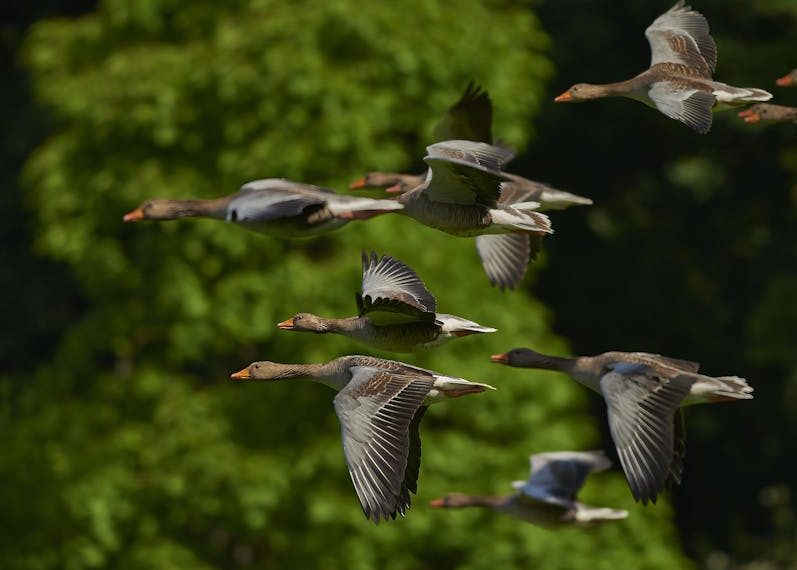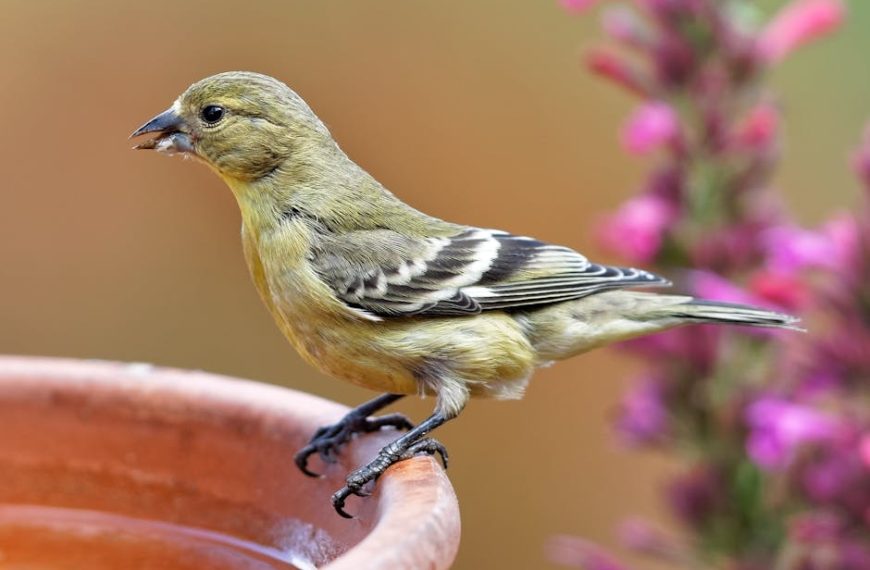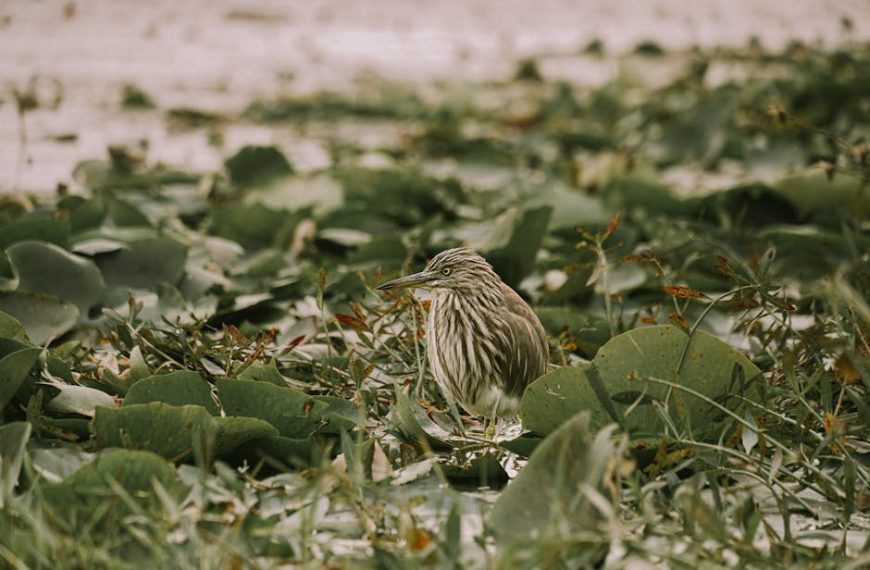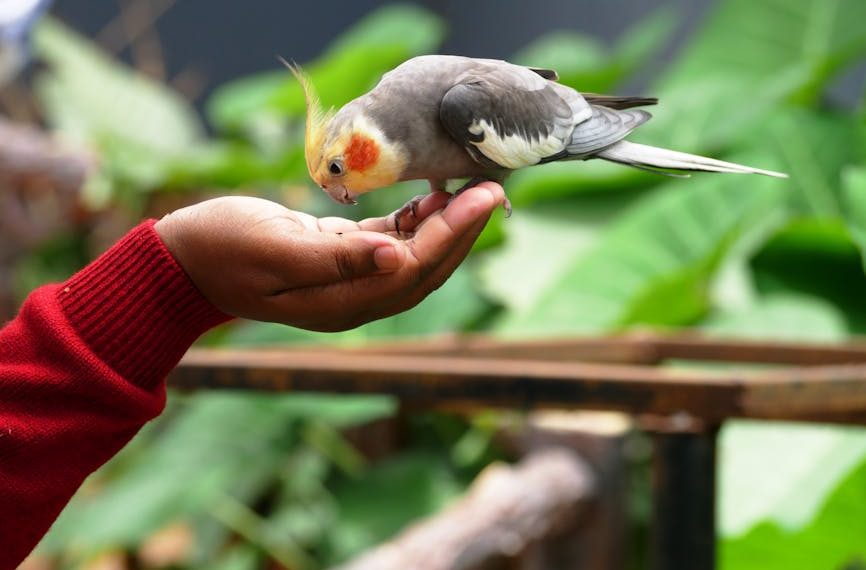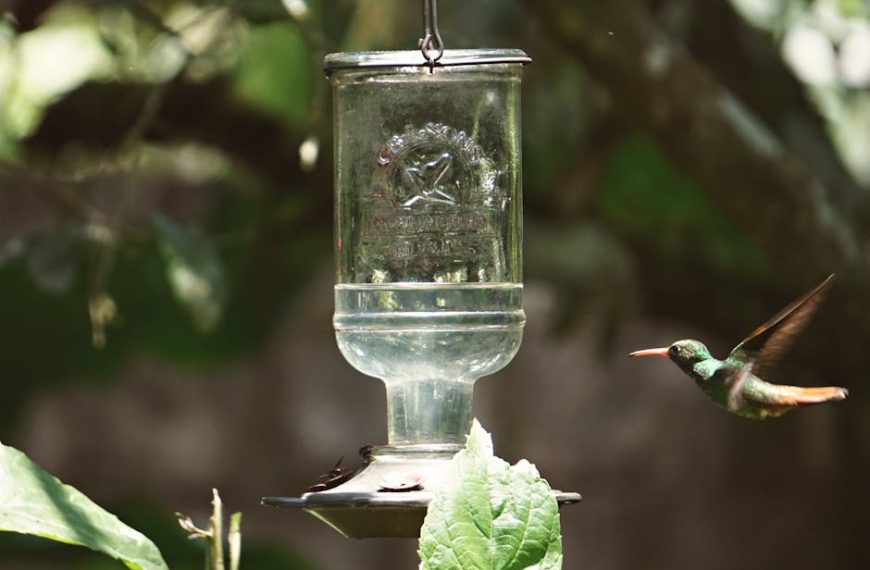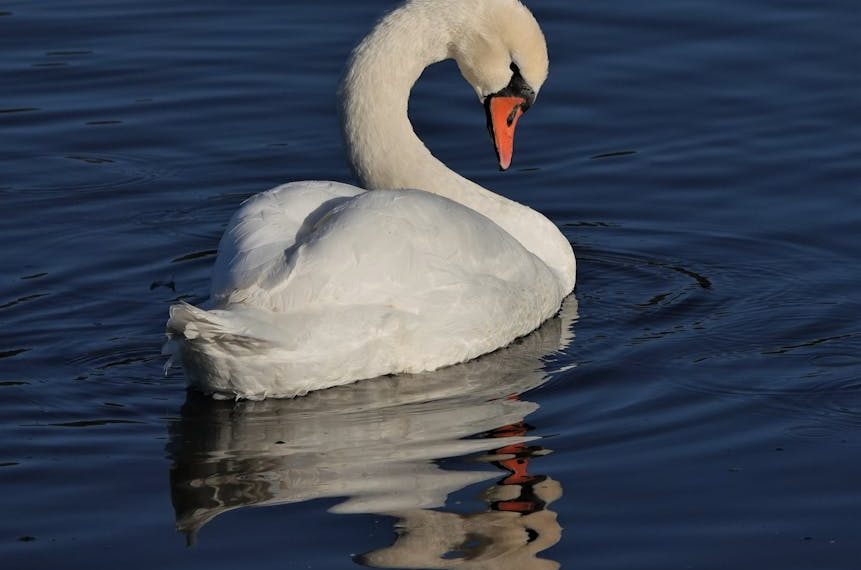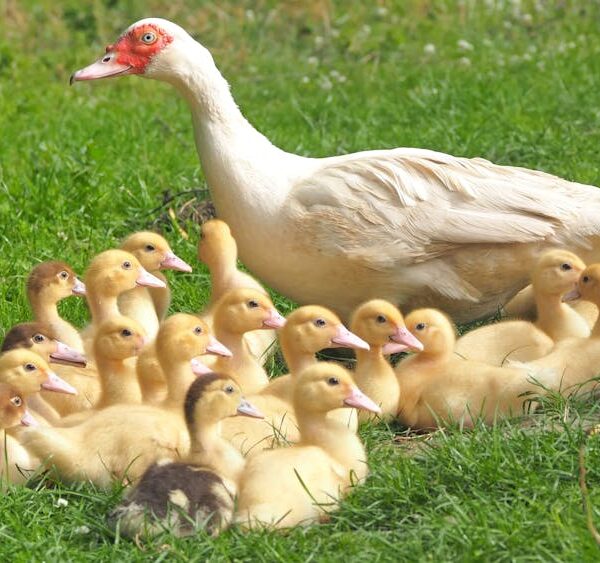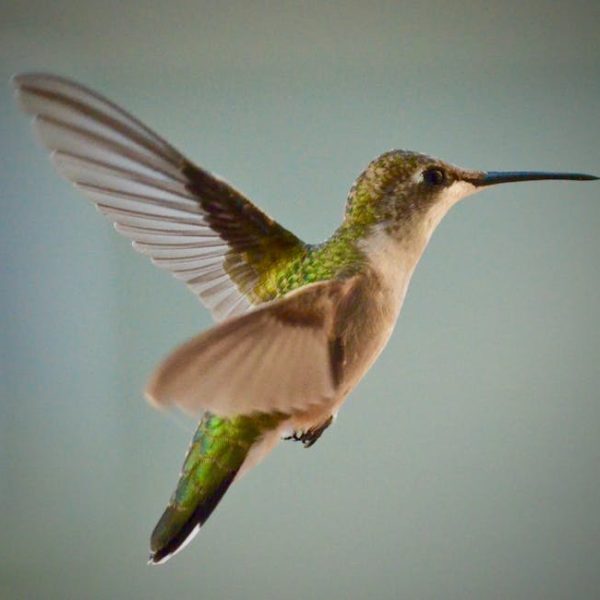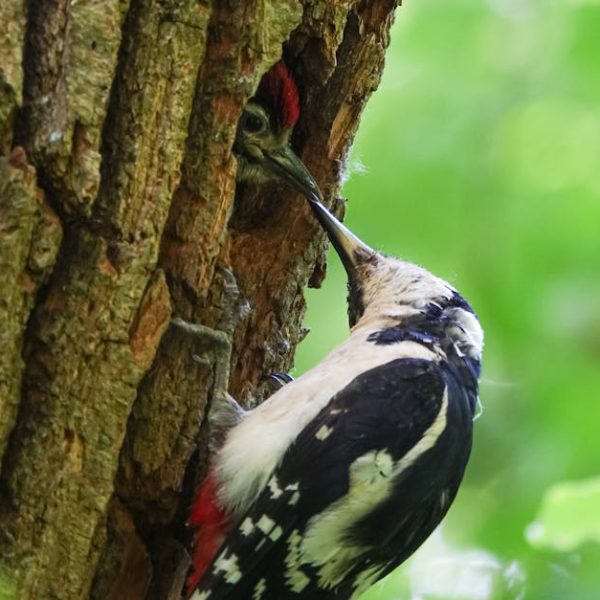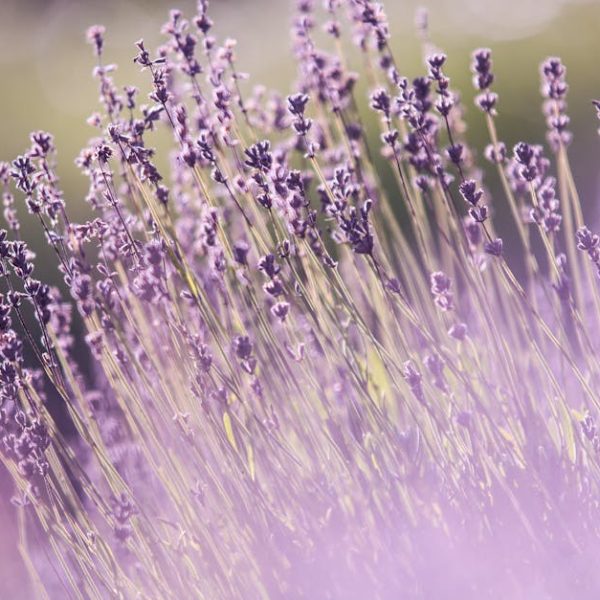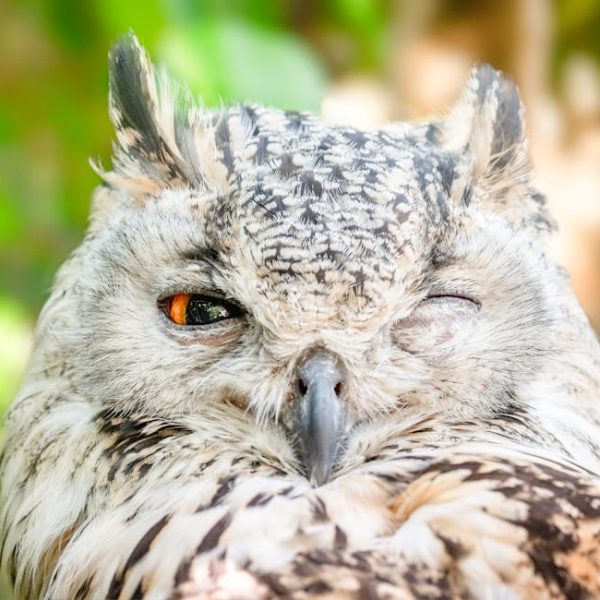Debunking the Myth: Can Birds Eat Rice?
Uncooked grains of rice can often be seen strewn on the ground outside many wedding venues—a traditional symbol of fertility and prosperity. You may have heard, however, that throwing rice at weddings can be detrimental to birds, as the myth suggests that consumption of these uncooked grains will cause their stomachs to explode. Interestingly, despite the common belief, science does not support this narrative.
Waterfowl, pigeons, and many other bird species naturally consume a variety of grains in their habitats. In fact, particularly during migration periods, grains form a significant portion of their diet. Thus, it is erroneous to believe that these feathery friends cannot safely consume rice.
- Myth: Uncooked rice consumption leads to bird fatalities due to stomach expansion.
- Fact: Birds can safely consume uncooked rice without any notable harm.
Best Practice: Avoid feeding birds bread and other processed foods. Instead, opt for more nutritionally balanced options like birdseed, fruit slices, or cooked rice.
The Intricacies of Bird Digestion
Unlike humans and other mammals, birds have a specialized and highly efficient digestive system that allows them to eat and process a variety of foods—often those that are hard and difficult to digest, like uncooked rice. So, what’s their secret?
The answer lies in the bird’s stomach. More specifically, in the potent hydrochloric acid present there, which swiftly breaks down hard substances, including rice grains. Compared to this, human stomach acid is relatively mild, so it’s important not to draw parallels between our digestive process and that of birds.
Pro Tip: When feeding your pet bird, always ensure a balanced diet with a mix of pellets, vegetables, fruits, and an occasional serving of cooked rice.
Impacts of Consuming Cooked Rice
While birds are capable of eating cooked rice, it’s important to note that filling their diet with solely this could lead to a nutritional imbalance. While not inherently harmful, cooked rice lacks many essential nutrients required by birds, such as protein and certain vitamins. This fact underpins the importance of a varied and considered diet for the health and longevity of birds.
Checklist of bird-friendly foods:
- Berries and other fruits (such as apples, oranges, grapes)
- Nuts and seeds (like sunflower seeds, peanuts)
- Vegetables (broccoli, peas, carrots)
- Cooked rice (sparingly)
Best Practice: If you choose to feed birds rice, opt for cooked brown rice to provide more nutritional value than white rice. However, it should only form a small portion of their dietary intake.
Real Risks to Birds from Human Food
While the age-old tale about uncooked rice causing harm to birds has been comfortably debunked, there are indeed certain human foods that do pose serious risks to our feathered friends. Foods such as chocolate and avocado, staples in many human diets, can be toxic to a wide variety of bird species.
Indeed, chocolate contains a compound called theobromine which can cause heart problems, seizures, and even death in birds. Avocado, on the other hand, contains persin – a toxin that can cause birds to become seriously ill or die.
Thus, while the common saying about birds and rice is a misunderstanding, many human foods could potentially harm them.
- Common food hazards for birds:
– Chocolate
– Avocado
– Hummus
– Alcohol
– Salt
– Onions and Garlic
– Caffeine
Pro Tip: Always cross-check before sharing your foods with birds. Keep in mind, birds’ dietary needs and digestive processes differ greatly from ours.
The Impact of Feeding Birds in General
Feeding birds can be a delightful experience but it’s important to consider its potential consequences. Feeding birds regularly can develop their dependence on human food, disrupt their natural foraging behavior, and lead to unequal distribution of food among bird populations.
Over-dependence on human-provided food can also alter birds’ migratory patterns and affect their reproduction. Besides, certain types of feed, such as processed foods, can lead to health issues due to nutritional imbalances.
- Pros of feeding birds: Supplementing natural food sources, particularly in harsh weather conditions, attracting a diverse range of bird species for observation and study.
- Cons of feeding birds: Potential spread of disease, dependence on human food, nutritional imbalances, displacement of smaller species by larger, more aggressive ones.
Best Practice: If you choose to feed birds, ensure it’s done responsibly. Maintain cleanliness to prevent diseases, provide a balanced diet, and avoid feeding them too frequently. Promote natural foraging behavior and supplement their diet, don’t replace it.
Key Takeaway:
- The myth that birds’ stomachs will explode if they eat raw rice is unsubstantiated. Birds naturally consume grains and their efficient digestive system, with strong stomach acids, enables them to eat hard substances like uncooked rice.
- Cooked rice is not harmful to birds, but it lacks the essential nutrients needed for a balanced diet; hence, feeding birds solely with rice can lead to nutritional imbalance.
- There are specific human foods, such as chocolate and avocado, which can be toxic to a variety of bird species.
- Feeding birds, in general, can be a double-edged sword. It can support them during harsh conditions, but on the other hand, frequent feeding can disrupt their natural foraging behavior and make them dependent on humans, potentially leading to ecological and behavioral impacts.
As humans, it’s essential we uphold and respect the delicate balance of nature. Feeding birds can be a heartwarming experience, but it’s crucial to do it responsibly and sparingly to prevent them from becoming overly reliant on human intervention. Remember, their survival depends on their ability to forage naturally. Always feed them nutritional and safe foods, maintaining cleanliness to prevent diseases. Birds are beautiful creatures, and by understanding their needs and honoring their habits, we can promote a more harmonious cohabitation in our shared environment.
FAQs
Q: Can birds consume other types of grains, or is it specific to rice?
A: Birds can consume a variety of grains, not just rice. They have an efficient digestive system that can process hard substances like uncooked grains.
Q: Why is there a myth that birds can’t eat raw rice?
A: The myth might have stemmed from assumptions about the bird’s digestive system, without evidence-based scientific research.
Q: Are cooked and uncooked rice equally nutritional for birds?
A: Both kinds of rice lack essential nutrients that birds need, but cooked rice is less harsh on their digestive system.
Q: Can feeding birds impact the ecosystem?
A: Yes, frequent feeding can disrupt a bird’s natural foraging behavior and make them dependent on humans, which can impact the ecosystem indirectly.
Q: What are some safe foods to feed birds?
A: Safer options include birdseed, fruits like apple slices, and cooked rice sparingly. Always ensure the foods are clean to prevent diseases.
Please share this informative read with your friends and family. Browse our website for more posts related to bird feeding practices and their effects.
